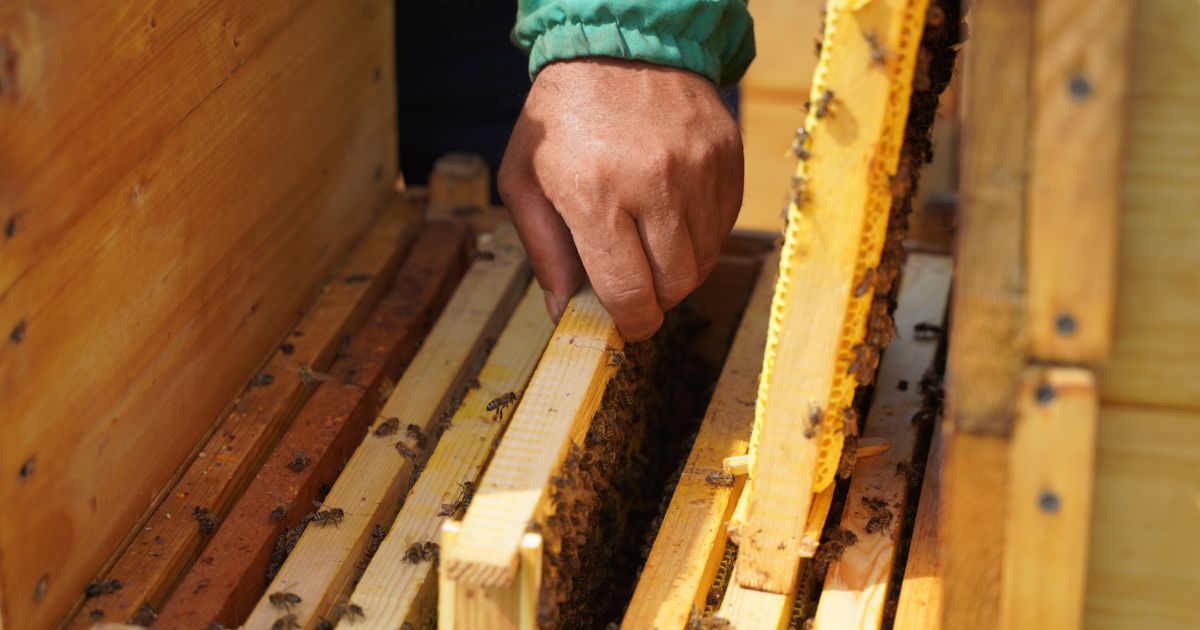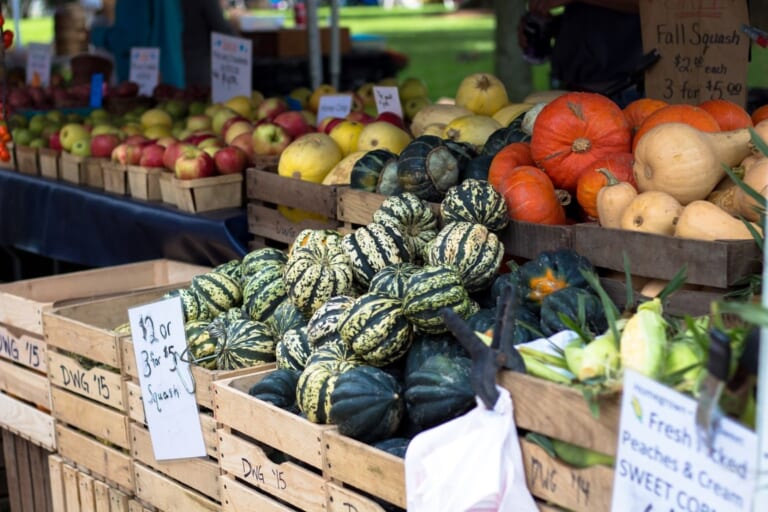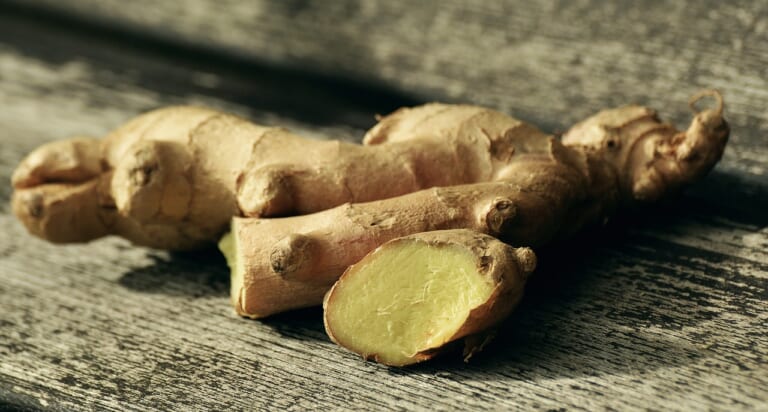Reasons Insect Farming Is Good for the Environment
Insect farming is a growing sustainable practice for both environmental and nutrition enthusiasts. While this concept might sound unfamiliar, it’s a known one full of many undeniable ecological benefits that make it worth considering. Many insect farms are sprouting up and significantly contributing to combating climate change and promoting a healthier planet. Let’s explore the reasons why insect farming is good for the environment.
Reduced Greenhouse Gas Emissions
A big addition to greenhouse gas emissions is livestock farming, with cattle farming being a prime example. Contrastingly, insect farming produces a fraction of these harmful emissions. The demand for eco-friendly and sustainable food sources makes incorporating natural foods like insects into our diets vital, which can have a lasting impact on reducing greenhouse gas emission levels and fighting climate change.
Efficient Land and Water Usage
The efficient use of land and water resources is another advantage of insect farming. Traditional livestock farming requires more land occupancy, contributing to deforestation and habitat destruction. You can farm insects, on the other hand, in controlled environments with little space. Additionally, insects don’t need as much water as livestock, making this practice an environment-friendly alternative with lower water and land footprints.
The Variety of Insect Farm Types
Insect farming is diverse, ranging from small-scale household insect farms to large commercial enterprises; this practice introduces us to valuable and sustainable food sources. Similar to how beekeeping is good for the environment, different types of insect farms, such as those raising crickets, mealworms, and black soldier fly larvae, provide unique benefits and cater to specific market demands. Embracing insect farming as a practical alternative to traditional livestock farming can reduce our environmental impact and create a more sustainable food source.
Rich Nutrient Source and Reduced Environmental Contamination
Insects are known to be nutrient-rich, supplying a valuable source of protein, vitamins, and minerals. The process of insect farming is clean, as insects feed on organic material. Their feeding habits result in significantly less pollution caused by excessive use of pesticides, herbicides, and antibiotics often associated with traditional livestock farming. Therefore, insect farming presents an opportunity to feed a growing population with a healthy, clean, and environmentally friendly food alternative.
As the world continues to look for sustainable and eco-friendly food sources, insect farming is a promising solution. Insects are a nutrient-rich, low-environmental contamination alternative that can provide a healthy and sustainable choice—which is why insect farming is good for the environment. Without a doubt, insect farming has truly proved itself to be a boon to the environment and a practical solution to many pressing issues facing our planet.







